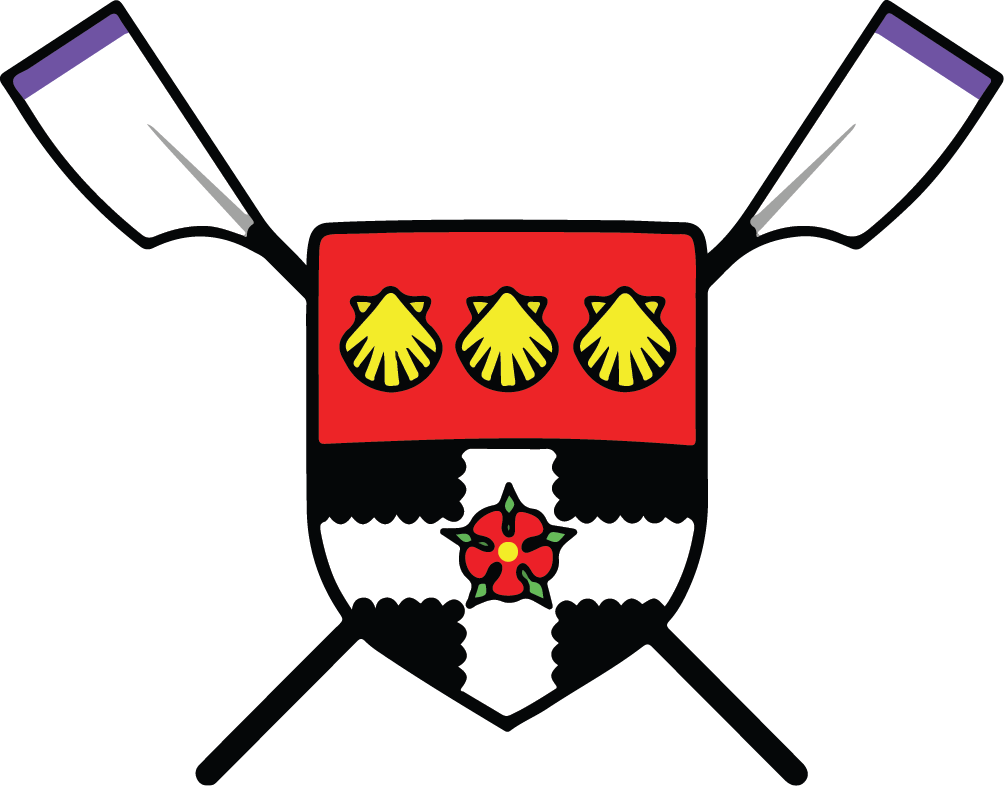Different Strokes: NEURODIVERSITY within Rowing
RUBC’s welfare officer Tristan Gillett spoke with Jack Allingham about how his autism impacts life as part of the rowing squad, and how we can all gain from fostering a neuro-inclusive environment.
Jack in action at Dorney Lake
What does neurodiversity mean?
Neurodiversity is the concept that recognizes and values the natural variations in how people's brain’s function. It emphasizes that there is no single "correct" way of thinking, learning, or behaving, and that neurological differences, such as those seen in autism, ADHD, and dyslexia, are part of human diversity rather than deficits to be fixed. This perspective encourages acceptance and understanding of different cognitive styles and experiences.
Why is recognising neurodivergence in sport important
Neurodiversity encompasses a spectrum of neurological differences, including autism, ADHD, and other conditions. On the field, recognising and embracing neurodiversity becomes a powerful force for unity and understanding. Teammates, coaches, and spectators alike play a crucial role in creating an environment where neurodiverse individuals feel accepted and supported. Clear and positive communication enhances collaboration, making the sports experience enriching for everyone involved.
What are the strengths that neurodivergent people may have.
Neurodivergent individuals bring valuable strengths that often go unrecognised. Many excel in creative problem-solving, finding innovative solutions by thinking outside the box. An intense focus on specialised interests can lead to deep expertise in subjects such as science, art, or technology.
What policies would you consider key to involving and facilitating success for athletes with neurodivergence.
Have a buddy system with one of the older rowers who can support with the daily activities of the club. Somebody who can make introductions and include the new neurodiverse member to different groups and people. A buddy could also ensure that the new members feel comfortable and open to the club. Let the new members feel comfortable opening to their feeling so we know how to approach each new member properly.
In sport, diverse thinking is a strength. Creating a neuro-inclusive environment benefits all.
What key (possibly relatable) experience are you happy to talk about that are related to neurodivergence in sport.
Neurodivergence in sport incurs unique challenges and opportunities. Athletes with neurodivergent traits, such as autism, ADHD, or dyslexia, may experience heightened focus, creativity, and resilience, which can be advantageous in competitive environments. However, they might also face difficulties with sensory overload, communication, or adapting to traditional coaching methods.
Inclusive practices, like tailored coaching and creating safe spaces, are crucial for supporting neurodivergent athletes. These approaches not only help individuals thrive but also enrich the sporting community by fostering diversity and understanding.
Another neurodivergent factor is anxiety leading to various levels of confidence, the outcome of which depends on interaction with coaches, with members and feeling a part of and a contributory member of the club. In a new environment or feeling unprepared, anxiety can have a negative impact on an individual’s experience. The greater level of anxiety, the lower the confidence.
Being clear in explanations and being inclusive are so important. Being moved from crew to crew is the way coaches determine the best fit for individuals. However, for neurodivergent rowers with tendencies towards stable and consistent environments, this can have a negative impact on rowing ability and can impact confidence as neurodivergent rowers will typically think it’s their fault and that their performance is degraded.
Being autistic isn’t something I hide. Everyone knows I find socialising difficult, but many teammates have gone out of their way to include me. I know that with time, I’ll relax more and feel even more at home. As my coaches say: be patient, take your time, and everything will be fine. I’m now enjoying training and excited to represent the club.
The key thing is when starting a new chapter there’s no reason to start very fast but instead take your time with it. Analyse your surroundings, talk to different people and see if you have similar interest to them and always stay positive. The key thing I learnt form RUBC is that by always smiling and staying positive, everyone will love you and want to talk to you, because no one likes a miserable frown face person 😊


